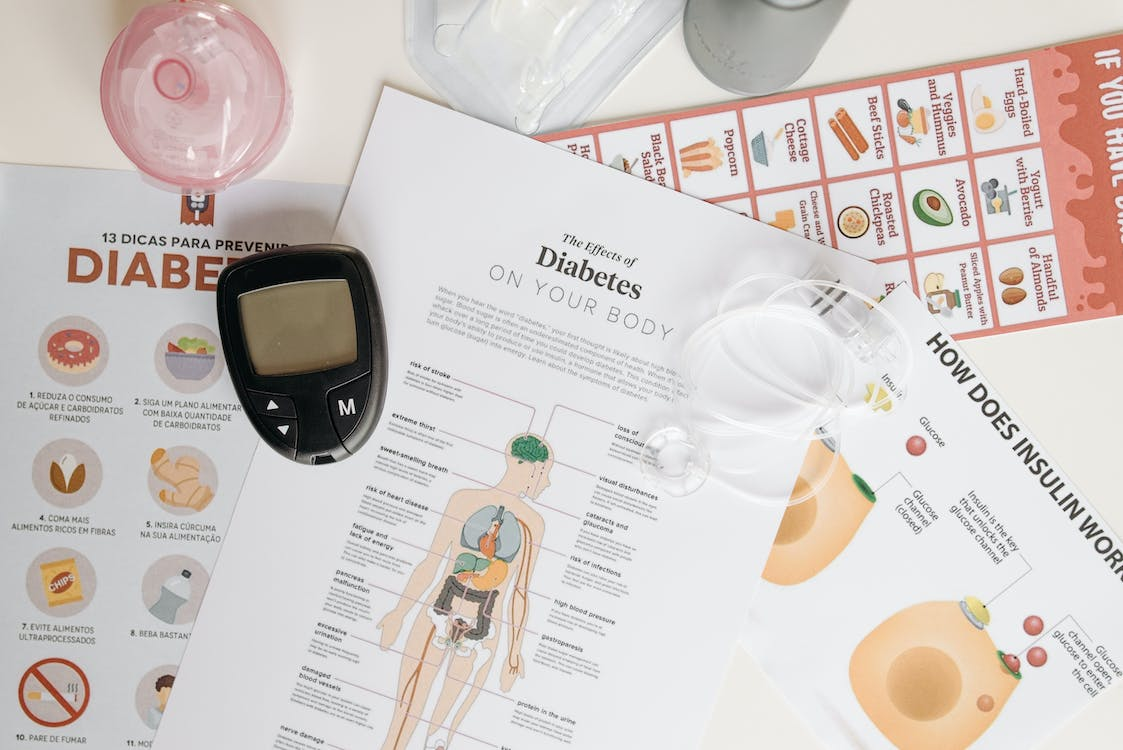Dos and Don’ts of Dealing with Diabetes: A Handy Checklist
Living with diabetes requires a proactive approach to managing one’s health. Whether you’re newly diagnosed or have been managing diabetes for years, adopting a set of dos and don’ts can significantly improve your quality of life. In this guide, we’ll explore essential strategies for dealing with diabetes and introduce a valuable resource: a full-service prescription assistance program.
Dos
Regular Monitoring of Blood Sugar Levels
- Do check your blood sugar levels regularly, as advised by your healthcare professional.
- Keep a log of your readings to identify patterns and make necessary adjustments to your treatment plan.
Healthy Eating Habits
- Do follow a balanced diet rich in fruits, vegetables, lean proteins, and whole grains.
- Consult with a registered dietitian to create a personalized meal planthat aligns with your dietary needs and diabetes management goals.
Regular Exercise Routine

- Incorporate regular physical activity into your routine, as it helps control blood sugar levels and improves overall health.
- Choose activities you enjoy, such as walking, swimming, or cycling, and aim for at least 150 minutes of moderate-intensity exercise per week.
Medication Adherence
- Take your prescribed medications as directed by your healthcare provider.
- Establish a routine for medication management and use tools like pill organizers to avoid missed doses.
Education and Awareness
- Stay informed about diabetes management through reputable sources.
- Attend diabetes education programs and support groups to connect with others facing similar challenges.
Don’ts
Neglecting Regular Check-ups
- Don’t skip regular check-ups with your healthcare team, including eye exams, foot examinations, and dental visits.
- Early detection of potential issues can prevent complications associated with diabetes.
Ignoring Symptoms
- Don’t ignore symptoms like excessive thirst, frequent urination, or unexplained weight loss.
- Promptly report any changes to your healthcare provider for timely intervention.
Overlooking Foot Care
- Don’t neglect foot care, as diabetes can affect circulation and nerve function in the feet.
- Inspect your feet daily, moisturize, and wear comfortable, well-fitting shoes.
Excessive Stress
- Don’t underestimate the impact of stress on blood sugar levels.
- Practice stress-reducing techniques such as mindfulness, meditation, or deep breathing exercises.
Self-Adjusting Medications
- Don’t make adjustments to your medications without consulting your healthcare provider.
- Changes in dosage or medication should be discussed and approved by your medical team.
Introducing a Full-Service Prescription Assistance Program
Managing diabetes often involves multiple medications, and the cost can be a significant concern for many individuals. That’s where a full-service prescription assistance program comes in. These programs are designed to help individuals access the medications they need at an affordable cost. By offering discounts, copay assistance, and other financial support, these programs make it easier for people with diabetes to adhere to their prescribed treatment plans.
Final Thoughts
Successfully managing diabetes requires a holistic approach that combines healthy lifestyle choices, regular medical check-ups, and adherence to prescribed medications. By following the dos and avoiding don’ts outlined in this checklist, individuals with diabetes can enhance their well-being and reduce the risk of complications. Additionally, exploring resources like a full-service prescription assistance program can provide valuable support in ensuring access to necessary medications without financial strain.
If you encounter difficulties in handling your healthcare, do not hesitate to contact Advocate My Meds. With years of experience in the industry, our committed team is prepared to help you connect with appropriate prescription assistance programs. Don’t hesitate to reach out to us to learn more about the array of services we offer.







